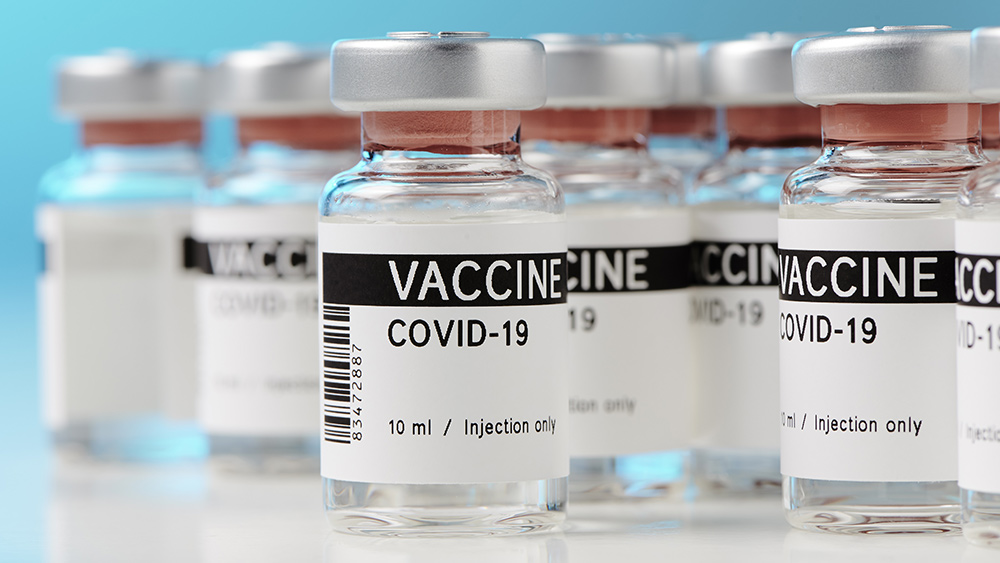
As of March 13, the EMA approved the Pfizer-BioNTech, Moderna and Oxford-AstraZeneca vaccines for emergency use in the EU.
In an open letter posted online on March 11, the group questioned whether the EMA adequately addressed critical issues regarding the safety of the shots. They feared that the technology used to make the mRNA vaccines, namely the Moderna and Pfizer-BioNTech jabs, may have serious side effects, including autoimmune reactions, blood clotting abnormalities, stroke and internal bleeding in the brain, spinal cord and heart, among others.
The authors requested for evidence that these medical dangers had been ruled out before the vaccines were authorized for use.
"Should all such evidence not be available," the authors wrote in the letter, which was addressed to EMA Executive Director Emer Cooke, "we demand that approval for use of the gene-based vaccines be withdrawn until all the above issues have been properly addressed by the exercise of due diligence by the EMA." (Related: Some experts at the FDA voted against emergency-use authorization for Pfizer-BioNTech coronavirus vaccine.)
Regulatory approval was "premature and reckless"
The group noted that healthy younger individuals who received the RNA vaccines were experiencing a wide range of side effects. COVID-19 outbreaks also kept hounding care homes days after residents were vaccinated.
In Canada, for example, 10 residents and two staff members at a care home caught the virus as of March 8 even though 82 percent of the residents had been vaccinated as of Feb. 15. Officials confirmed that some of the cases received two doses of the vaccine.
The group fears that possible causes of illness or death might not have been adequately scrutinized, especially in the absence of post-mortem examinations.
"There are serious concerns, including but not confined to those outlined above, that the approval of the COVID-19 vaccines by the EMA was premature and reckless, and that the administration of the vaccines constituted and still does constitute 'human experimentation,' which was and still is in violation of the Nuremberg Code," the authors wrote, referring to a law that prescribes the voluntary consent of a person before being used for an experiment.
The authors, led by Dr. Sucharit Bhakdi, the former chair of the Institute of Medical Microbiology and Hygiene at the Johannes Gutenberg University of Mainz in Germany, initially emailed their letter on March 1. The group warned that they would make their letter available to the public if the agency failed to answer their queries within a week.
Low quality of early commercial batches of Pfizer vaccine
This came after the EMA was found to be concerned about the Pfizer-BioNTech vaccine because some of the early commercial batches did not meet the expected specifications established in the clinical batches.
A leaked email sent by an EMA official on November showed that before the jab was authorized for use, EMA scientists who were tasked with ensuring manufacturing quality were worried about the "truncated and modified mRNA species present in the finished product."
According to the email, the percentage of intact mRNA species dipped from 78 percent in the clinical batches to 55 percent in the early commercial batches. The root cause was not identified and the impact of the loss of mRNA integrity on the vaccine's safety and efficacy was "yet to be defined."
Other leaked documents showed that the EMA dealt with the matter by filing two "major objections" with Pfizer and submitting a raft of other questions. On Dec. 21, the agency authorized the vaccine for emergency use, but it was unclear how its concerns were satisfied.
Learn more about the dangers of the COVID-19 vaccines at Vaccines.news.
Sources include:
Please contact us for more information.






















